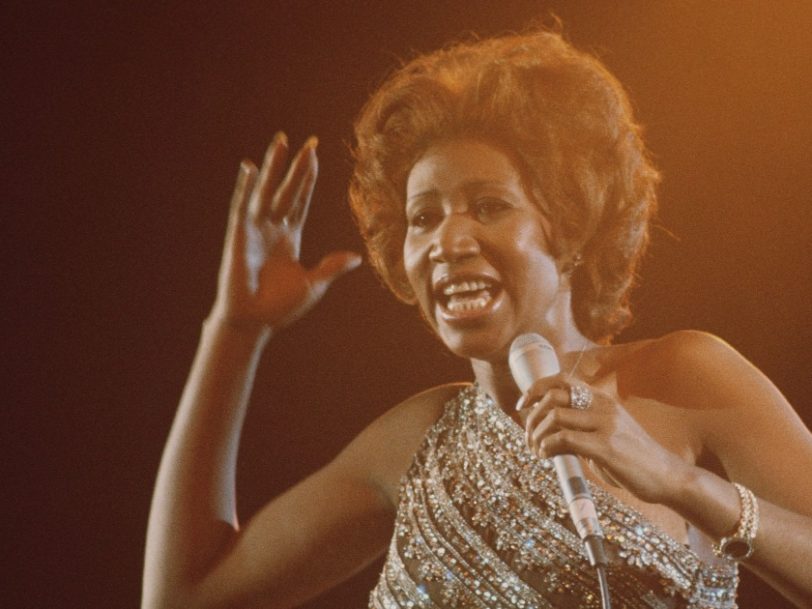It’s a rare thing to have a tenth album that feels like a debut. First albums are full of fire, a roar of artist-unleashing energy that’s so hard to recapture on later recordings. It’s no wonder that the best debut albums are often fan favourites, even if they contain flaws. But Aretha Franklin’s 1967 release I Never Loved A Man The Way I Love You was a tenth album with a difference – and it really was a debut of sorts.
Listen to ‘I Never Loved A Man The Way I Love You’ here
“Soul was the key. There was no compromising”
Aretha Franklin’s previous nine albums were released on Columbia, with very little evidence of artistic growth; the occasional quintessentially Franklin pieces, such as the beautiful One Step Ahead, from 1965, were drowned out by endless jazz standards and big-band arrangements. “I had established a national reputation,” Franklin once said of the end of her Columbia years. “You couldn’t call me a star, but I was surely a working singer. I didn’t have any real hits.”
That might be why I Never Loved A Man The Way I Love You has that rocket-from-a-bottle debut dynamism. Moving from Columbia to Atlantic Records late in 1966, Franklin believed that her new label was far more in line with her outlook and interests. Jerry Wexler of Atlantic, who had personally overseen Franklin’s signing, felt that the albums would only come alive when Aretha herself was in charge. He and Franklin soon got to work, beginning recording at Muscle Shoals Sound Studio, in Alabama. Only one song was recorded – the game-changing I Never Loved A Man (The Way I Love You) – amid a stormy session that jeopardised the new relationship between Aretha and Atlantic, briefly throwing the recording of the rest of the album in doubt.




